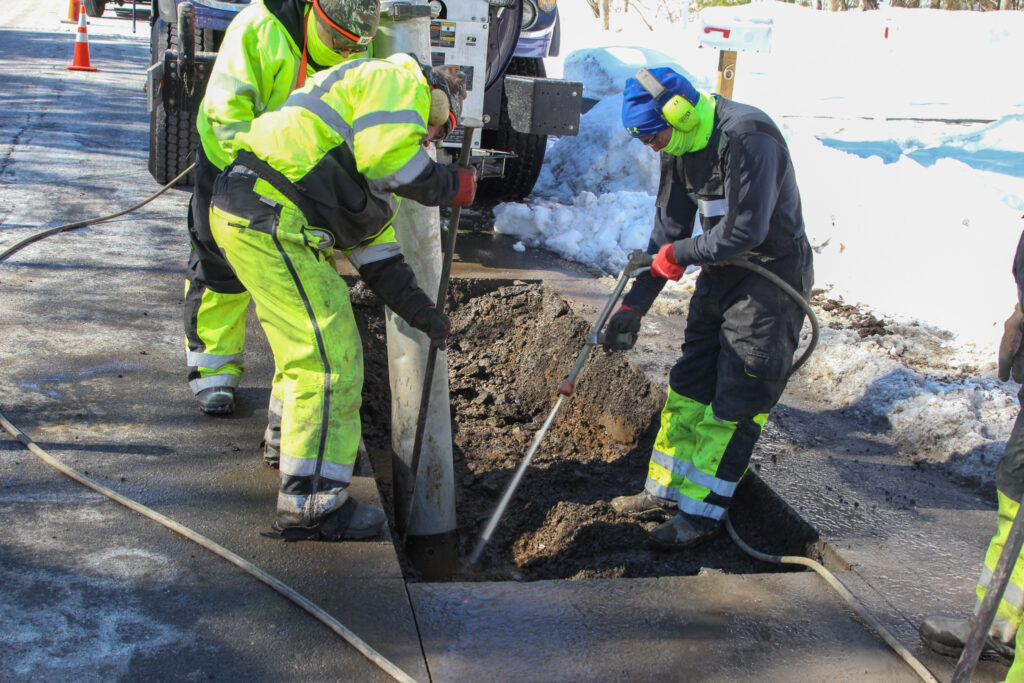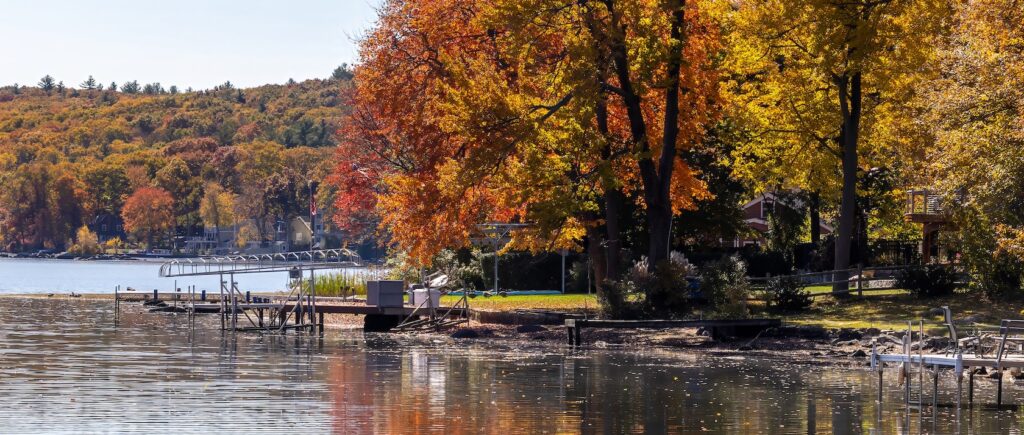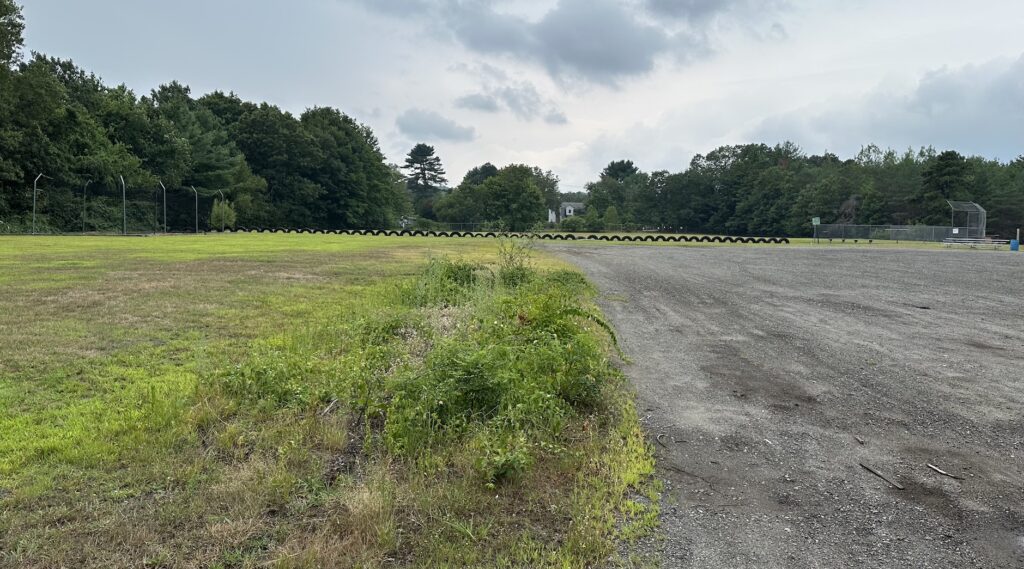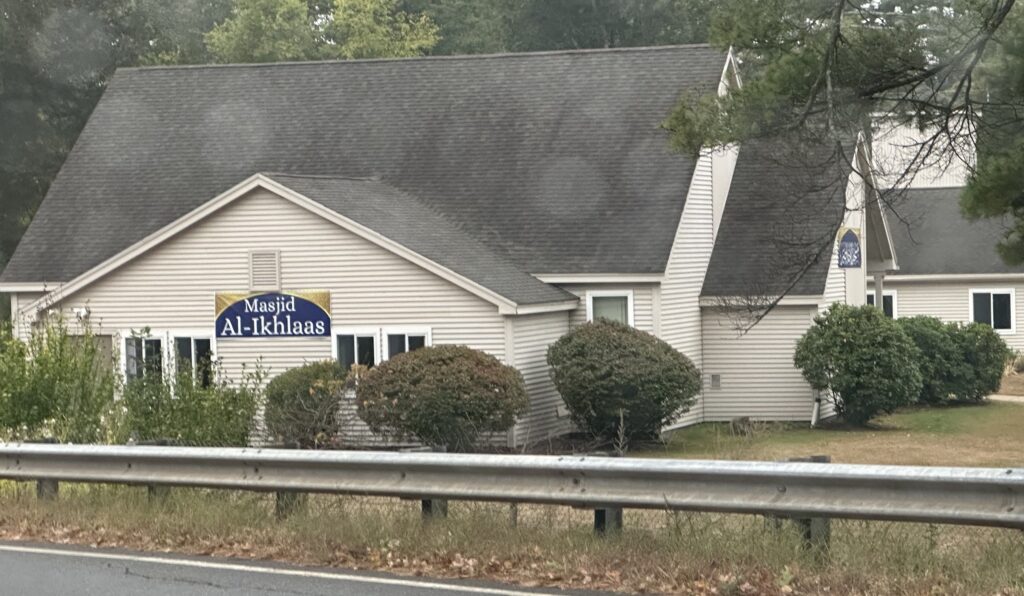At its meeting Tuesday night, the Conservation Commission voted to approve the Department of Public Works’ notice of intent to be able use a variety of tools — including herbicides — to address the weed problem in Lake Maspenock.
The motion passed unanimously, with Chair Jeff Barnes abstaining because he is an abutter.
The commission will finalize the order of conditions at its next meeting, but it was made clear that the DPW will need to appear before the commission with a specific plan before taking action.
Prior to the vote, the commission asked about the options and when a specific tool would be warranted. In addition to herbicides, options include hand harvesting, benthic barriers, mechanical harvesting and winter water level drawdown.
“I don’t know that there is a magic bullet, it depends on what the weeds are, where they are, how bad they are,” DPW Director John Westerling said. “The drawdown might be the one that is most frequently used, but we would have to look every year at, again, what’s the density, where are they, and of course we would evaluate all our options.”
Added David Mitchell, a limnologist who is consulting for the town: “In terms of the mechanical harvesting and aquatic vegetation control as well as the aquatic herbicides, it’s going to be the density of the plants, the biomass, how fast the stuff is growing to the surface and how much of the material is gathering. We do the monitoring … and again, it’s trying to compare it to what we’ve seen in the past.”
The issue of herbicides has been an emotional one for residents. The Conservation Commission voted against it in 2020, and Town Meeting voters previously rejected a similar plan. However, a Citizens Input Group appointed by the Select Board supported the herbicides option, and many lake residents — including representatives from the Lake Maspenock Preservation Association — have spoken in favor of using herbicides when the situation calls for it.





















I like the plan and also like the option to be able to use herbicides if necessary.